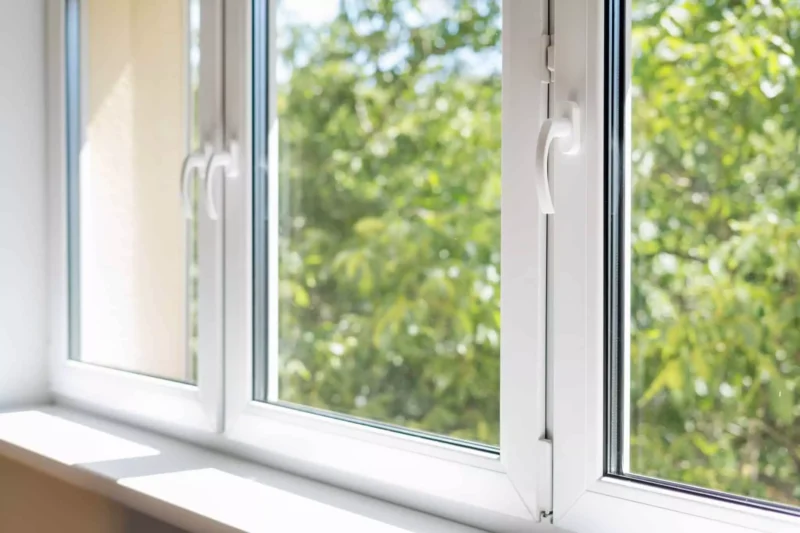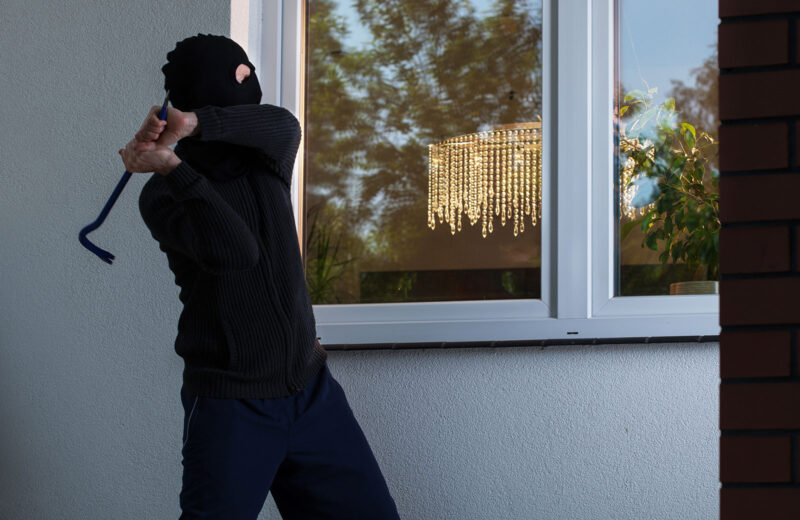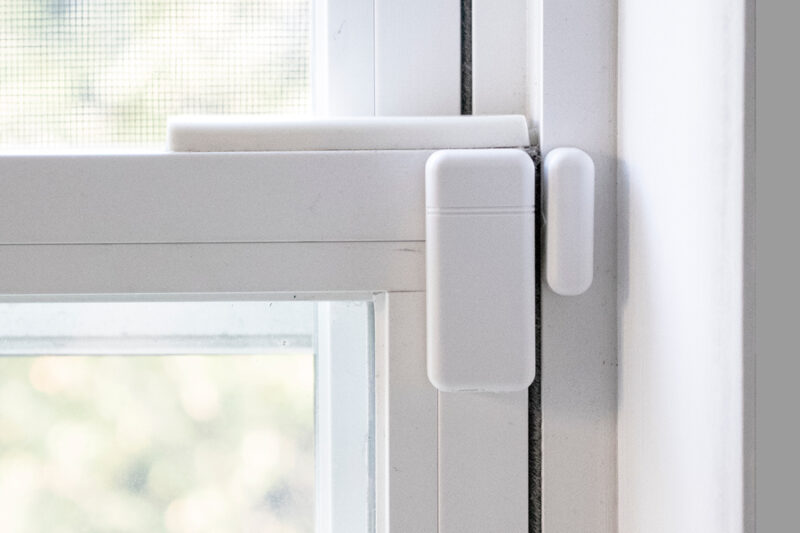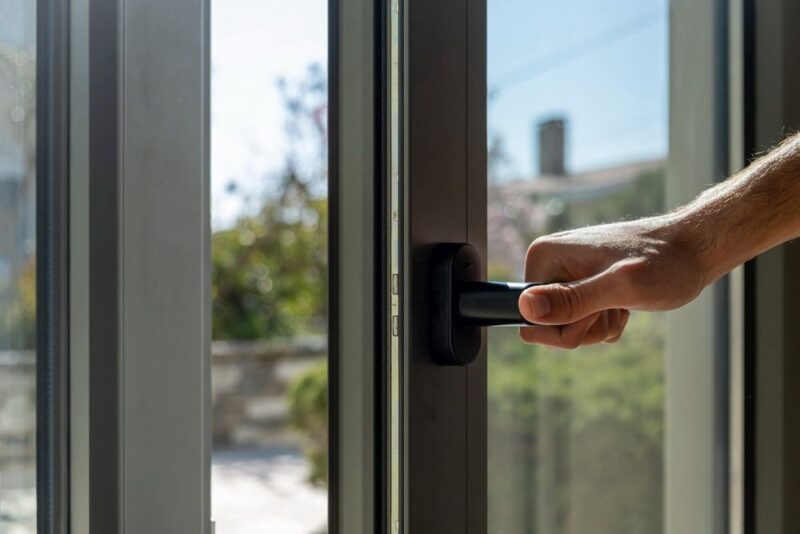It is no secret that first-floor windows act as an entry point for burglars and home invaders. If a burglar cannot easily access the front door, he is likely to look for a vulnerable window. The implications to homeowners should be obvious. If you have made the effort to beef up your home’s front and rear doors, turn your attention to the windows.
Windows can be a bit of a challenge to enter through depending on how high off the ground a home sits. But never assume a burglar will not go to the trouble of finding a way. If a burger thinks there are valuables inside, he will look at every reasonable option to get in.
Vivint Home Security, a nationwide provider of home automation and security solutions, has published a fairly comprehensive guide to residential window security. It isdefinitely worth the read if you’re looking to make your home safer. I will discuss some of its more salient points along with adding my own thoughts.
Window Condition Plays a Critical Role

A good place to start is the physical condition of your windows. Their condition plays a critical role, not only in preventing burglary, but also protecting you against weather, insects, etc. Windows in poor condition just don’t do a very good job. They also tend to waste money by way of heating and AC.
Vivint recommends, and I agree, starting the process of beefing up window security by checking the condition of your windows. Make sure the frames and sashes are secure. Make sure the windows seal up tightly. Lock the windows and see if there is a way for you to get them open from the outside – without damage, of course.
Solid windows that seal tightly will both protect you and save on your utility bill. Also consider that if you are looking at really old windows with single glazing and outdated locks, you might be better off replacing them rather than trying to beef them up.
Factory Locks Are Questionable
I hate to have to point it out, but factory locks can be questionable. I am especially wary of factory locks on windows that are more than 20 or 30 years old. Modern locks are more secure. That said, you can replace factory locks with heavy duty security locks. If you do not want to go through all of that effort, slide locks are pretty effective as well.
A slide lock is a separate unit you attach to a window frame with a blunted screw that holds the lock securely without damaging the frame. Slide locks are a big hit with renters who want to secure their windows but know that they cannot physically alter anything in their apartments without violating their leases.
The nice thing about slide locks is that they are cheap. You can buy a dozen of them without spending very much. Best of all, they can be used on virtually any window that opens and closes with a slide mechanism.
Should you design to replace the factory lock altogether, you have several choices. Vivint recommends the following:
- Handle locks (integrated with the window handle)
- Folding locks (designed for casement and awning windows)
- Keyed locks (locks with actual keys)
- Pin locks (locks designed to let you keep a window partially open)
Your local DIY hardware store should have a nice selection of security locks for windows. If not, you can always shop online.
When Burglars Break Through the Glass

As helpful as security locks are, they only stop a burglar from sliding open an unlocked window. But what if a burglar decides to smash the glass? Now you have a different problem altogether. One of Vivint’s suggestions is to install shatter resistant glazing.
Forget the fancy words. Glazing is the glass in your window frames. Shatter resistant glazing is manufactured with a film similar to the film on your car’s windshield. Should anything break the glass, the film prevents shattering. This also eliminates the risk of broken glass flying across the room.
Installing new glazing can be expensive. I would only recommend it if you were working with old windows that are not so energy efficient. But if your windows are otherwise tightly secured and not leaking energy, you’re better off buying an anti-shatter film and applying it yourself. It takes a little work, but it isa lot cheaper than replacing all the glazing.
Consider External Barriers
Did you know that you can make first floor windows less accessible by creating barriers on the exterior of your home? One of the easiest ways to do this is to plant prickly bushes or shrubs in front of every window on the first floor. They make it extremely uncomfortable for burglars to do what they do.
Maximum effectiveness is achieved when you choose bushes or shrubs that reach all the way to the bottom edge of the windows. Of course, you don’t want to allow them to get overgrown. Otherwise, they can actually help a burglar hide his attempt to enter.
Windows and Home Security

Finally, it isa good idea to arm your home with a security system that includes window sensors. There are two basic types of sensors to think about. The first is the contact sensor. This is a two-piece sensor mounted on both the window frame and the sash. When the window is closed, the two pieces make contact. If that contact is broken while your home security system is armed, an alarm will sound.
The other type of sensor is a broken glass sensor. It measures sound waves to detect when glass shatters. It will send an alarm to your home security system to let you know someone has broken the window.
Although burglars tend to prefer the front door as a first point of entry, they are not afraid to break in through windows. My recommendation is that you don’t take window security lightly. Put as much effort into beefing up your windows as you have the front door.


